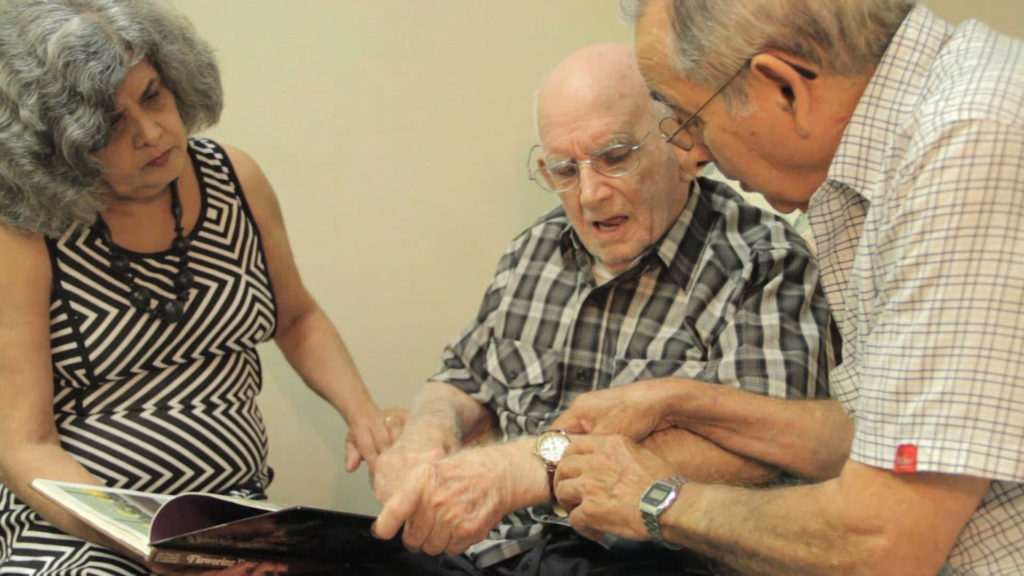
By Kevin Dragseth | Producer for Caregiving for Older Adults
Though we descend from a marvelous array of cultures, we all share a love and concern for elders in our families and communities. Each generation relies on the next generation of family members, neighbors and friends to help with small tasks. And nearly all the time, those loved ones are happy to lend a helping hand. But it’s rarely that simple and easy.
The United States has been at the forefront of late life care for decades. We’ve turned humble “old folks’ homes” into a multibillion-dollar industry that provides professionalized, skilled care for millions of Americans. Our modern lifestyle accommodates careers and a nuclear family, but leaves little room for extended family. Most parents work at least one job outside the home, some working twelve or more hours per day. Busy children go from school to Tae Kwon Do to ballet class to swim lessons. For many mainstream Americans, the days of caring for Grandma in your home have largely passed. And so, we all help out to keep Grandma in her own home as long as possible, stepping in whenever we can to mow the lawn, bring her to appointments, deliver groceries and help her with paperwork. Grandma is generally happy to stay in her home while she can. Her pocketbook is happy to not be drained by expensive assisted living costs. But once it becomes too much, Grandma goes to the facility where she can be cared for around the clock. It’s nobody’s favorite solution, but everyone knew it would eventually end up this way.
By sharp contrast, aging in this land is a strange experience for many immigrant communities. They’re coming from the remote mountains of Laos, the bustling villages of Puerto Rico, the wide plains of Somalia, the buzzing market towns of Cambodia. They come with families. They come with stories. They come with traditions. They come from rural villages where someone is always around to care for the sick and elderly. They come from strict religious traditions that demand faithful caring for those in need. They come from generations of resourceful living that honors elder and provides care for all.
And they come. They come here. They come to the land of ice and snow and senior housing and adult day care. And like immigrants have always done, they work as hard as they can to survive and thrive in this land. They make sacrifices. And in their absence, their aging elders feel isolated, far from all that feels familiar. They try to provide a better life for their children, who only speak English and act just like other American kids. The generational gulf widens, each generation struggling to recognize and understand the others. Winter weather leads to broken hips and hospitalizations for pneumonia. Lives that used to last 60 years now reach 80 and beyond.
Life in this new land is rich and abundant and happy for most. And it brings new challenges, new demands and expectations. It brings new opportunities, new resources and new allies. Each human experience is unique, and each cultural community is unique. Members of these communities are asking bold questions about how to adapt to this life, how to bring to bear the best of their traditions to address the challenges of aging, and how to leave behind the outmoded cultural traditions that are no longer helpful in this alien landscape. Those bold conversations hold the key to forging these new ways forward, ways that honor elders, lift up the best of their traditions and let go of unhelpful habits, for benefit of all.
© Twin Cities Public Television - 2017. All rights reserved.
Read Next



